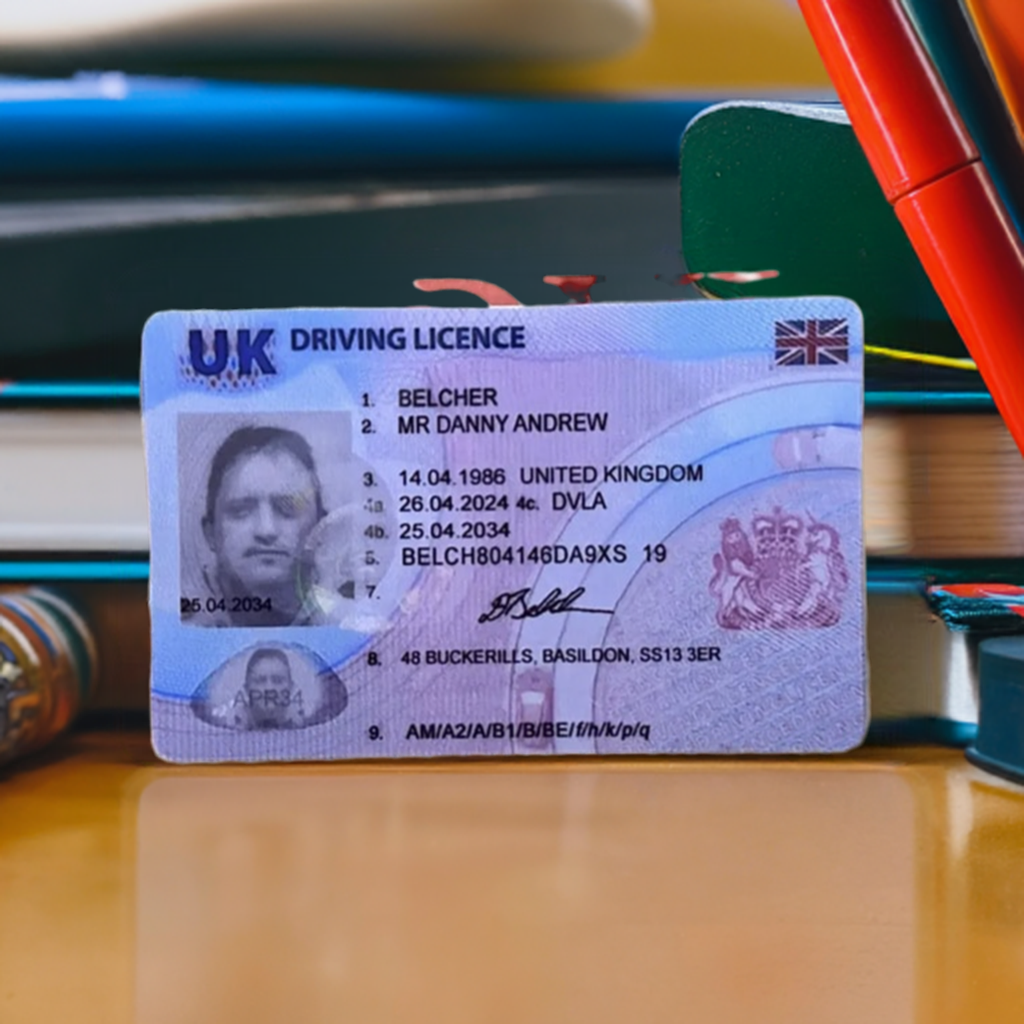How do I avoid points on my license UK?

How to Avoid Penalty Points on Your Driving Licence UK: A Complete Guide
Ever seen those blue lights flashing in your rearview mirror and felt your heart sink? Or maybe you got a speeding ticket in the mail? It’s a lousy feeling. Penalty points on your driving licence can cause a lot of stress. They can raise your insurance rates. Too many, and you could lose your licence. This article is here to help. You’ll learn how to avoid those points and stay safe on UK roads.
Understanding UK Driving Offences and Penalty Points
The UK uses a points system to track driving offenses. Get too many points, and you’re in trouble. The points system exists to keep roads safe. It penalizes risky driving behavior. Points stay on your licence for a while. The more serious the offense, the more points you get.
Common Driving Offences and Their Point Values
Lots of things can get you points. Speeding is a big one. Running a red light is another. Careless driving can also add points. Using your mobile phone while driving? That’s points too.
Here’s a quick look:
- Speeding: 3-6 points
- Traffic light violations: 3 points
- Careless driving: 3-9 points
- Mobile phone use: 6 points
These points add up fast. Avoid these mistakes!
The Totting-Up Procedure: What Happens When You Reach 12 Points?
If you get 12 or more points in 3 years, you’re usually disqualified. This is called “totting-up”. The disqualification period depends on how many points you have. It also depends on your past driving record.
- 12+ points: 6-month ban
- Second disqualification within 3 years: 1-year ban
- Third disqualification within 3 years: 2-year ban
You can argue “exceptional hardship”. This means a ban would cause extreme problems for you or others. The court will decide if your hardship is truly exceptional. This is a high bar to clear.
How Long Do Points Stay on Your Licence?
Points stay on your licence for either 4 or 11 years. It depends on the offense. Most points stay on for 4 years from the date of the offense. Some serious offenses, like reckless driving, stay for 11 years.
Even after 4 years, the points are still “visible” on your licence. They aren’t counted towards totting-up after that. Points remain on your record for a period, even though they don’t cause any issues. If you manage to stay 3 years without getting any points, you are considered to have a “clean licence”. It’s worth keeping that record clean.
Safe Driving Habits to Minimise Risk
Driving safe keeps you, and everyone else, safe. Safe driving also avoids penalty points. Pay attention and make good choices.
Mastering Speed Awareness and Adherence to Speed Limits
Speed awareness is key. Know the speed limits. They change based on the road type. Built-up areas usually have 30 mph limits. Motorways are usually 70 mph. Watch for speed limit signs. They tell you what’s allowed.
Cruise control can help you maintain a steady speed. Speed limiters prevent you from going over a set speed. Use these tools to stay within the limits.
The Importance of Hazard Perception and Defensive Driving Techniques
Hazard perception means spotting potential dangers early. Look ahead. Scan the road. Watch for pedestrians, cyclists, and other cars.
Defensive driving means expecting the unexpected. Keep a safe following distance. The “two-second rule” is a good start. In bad weather, double it. Be ready to react to sudden changes. Assume other drivers might make mistakes.
Staying Focused: Avoiding Distractions While Driving
Distractions are dangerous. Mobile phones are a huge problem. Put yours away. Turn it off, or use a hands-free system for essential calls only.
Adjust in-car entertainment before you start driving. Don’t eat or drink while driving. Passengers can also be distracting. Ask them to be quiet if needed. Focus on the road.
Understanding and Responding to Traffic Laws
Knowing the traffic laws is a must. It keeps you on the right side of the rules. Reacting correctly when stopped by the police is also important.
Keeping Up-to-Date with Changes in UK Traffic Laws
Traffic laws change. Stay informed. The Highway Code is your friend. Read it. Understand it. Check for updates regularly.
Websites like the UK government’s website offer updates. Driving associations often publish changes. Keep learning about the rules of the road.
What to Do If You’re Stopped by the Police
If the police stop you, stay calm. Pull over safely. Turn off your engine. Be polite and respectful.
You must give your name and address. You must show your driving licence and insurance details. You must provide your MOT certificate if asked. You have rights. Don’t argue with the police at the roadside.
Challenging a Penalty Notice: When and How?
Think a penalty notice is unfair? You can challenge it. Gather evidence. Write a formal letter explaining why you’re appealing.
Grounds for appeal might include:
- Mistaken identity
- Faulty equipment
- Unclear signage
You could end up in court. Be prepared to present your case. It’s risky. You might lose.
Utilising Technology to Support Safe Driving
Technology can be a big help. It can help you drive safer and avoid points. GPS, black boxes, and dash cams are useful tools.
The Role of GPS Navigation and Speed Camera Alerts
GPS navigation helps you stay on track. It can also warn you about speed cameras. Some devices show speed limits for the road you’re on.
Speed camera alerts give you a heads-up. They remind you to check your speed. Use these tools wisely. They’re aids, not replacements for your own attention.
Black Boxes and Telematics: Monitoring and Improving Driving Behaviour
Black boxes track your driving. They record speed, braking, and acceleration. Insurance companies use this data. Good driving can lower your insurance costs.
Telematics systems offer feedback. They can point out areas for improvement. They promote safer driving habits. These systems are great for new drivers.
Dash Cams: Providing Evidence in Case of Accidents
Dash cams record video while you drive. They capture accidents and incidents. This video can be used as evidence.
Dash cams can help prove who was at fault. They can protect you from false claims. Having a dash cam offers peace of mind.
Advanced Driving Courses and Further Training
Think about taking an advanced driving course. It can make you a better, safer driver. Refresher courses are also helpful.
The Benefits of Taking an Advanced Driving Course
Advanced driving courses teach advanced skills. They improve hazard perception. They teach better car control.
You’ll learn to drive more smoothly and safely. Some insurance companies offer discounts. Advanced courses boost your confidence.
Refresher Courses for Experienced Drivers
Been driving for years? A refresher course can help. It updates your knowledge of traffic laws. It brushes up your driving skills.
Refresher courses are great if you haven’t driven in a while. They help you get back on the road safely.
Specialist Training for Specific Vehicles or Situations
Driving a large vehicle? Towing a trailer? You might need specialist training. This training covers the specific challenges.
You’ll learn how to handle these situations safely. It reduces the risk of accidents. Specialist training is a worthwhile investment.
Conclusion
Avoiding penalty points boils down to safe driving. Know the rules, pay attention, and stay focused. Use technology to help you, and consider advanced training. Prioritize road safety. Drive responsibly. Keep your licence clean.

Leave a Reply